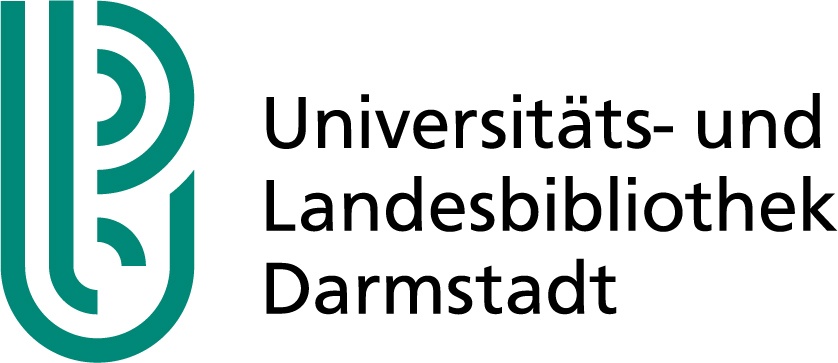DFG funds Specialised Information Service Civil Engineering, Architecture, Urban Planning
2020/04/14
Braunschweig University Library , the University and State Library Darmstadt, TIB – Leibniz Information Centre for Science and Technology and the Fraunhofer Information Center for Planning and Building are jointly developing the scientific information service for the subject areas of civil engineering, architecture and urban planning.
The DFG-funded Specialised Information Service Civil Engineering, Architecture, Urban Planning (SIS BAUdigital) will provide scholars with a shared platform for networking and for exchanging information and data. The platform will support their data-based research by providing innovative documentation, archiving and publishing services.
Digitalisation has long reached the construction industry: innovative digital methods of design, planning and production make building processes more efficient and sustainable. Some of the common terms encountered in this field are computational design, additive production, “Planen Bauen 4.0” (Planning and Construction 4.0), BIM (building information modelling), CIM (city information modelling) and “Integrale Stadtplanung 4.0” (Integral Urban Planning 4.0). Construction is becoming increasingly dependent on high-quality data and digital technology. A large amount of information is interlinked in urban planning, too: huge amounts of data are generated in geodesy, transport (GIS data) and building services engineering (energy data). This data can be used to develop concepts for holistic sustainable cities, described by terms such as the “digital city”, “sustainable urbanism” and “urban management”. Tomorrow’s cities are being created on the basis of networked and interdisciplinary working and data models.
Digital planning/building has already resulted in a significant shift in research, and has encouraged a more interdisciplinary approach. Architecture, civil engineering, engineering geodesy, production and systems engineering, information technology, robotics, social sciences and humanities now work hand in hand. The digital transformation also affects historical disciplines such as building research, which increasingly involves the use of digital methods and tools. Three-dimensional data saved as digital objects document our architectural heritage, and play a significant role as research data. Contemporary architecture also faces new challenges in the shape of digital architectural and office legacies that need to be indexed and safeguarded for research and for future generations. It will be necessary to develop special digital preservation processes to achieve this. What is more, analogue collections from major research archives are also awaiting transformation. Innovative digitalisation strategies must be devised to ensure that objects such as delicate architectural models, which are otherwise virtually inaccessible, can be integrated into the research process in the form of 3D digital reproductions.
The aim of SIS BAUdigital is to create a single access point and targeted services for the subject areas of civil engineering, architecture and urban planning, enabling scholars to gain quick, easy access to specialist literature and to information relevant to research.

